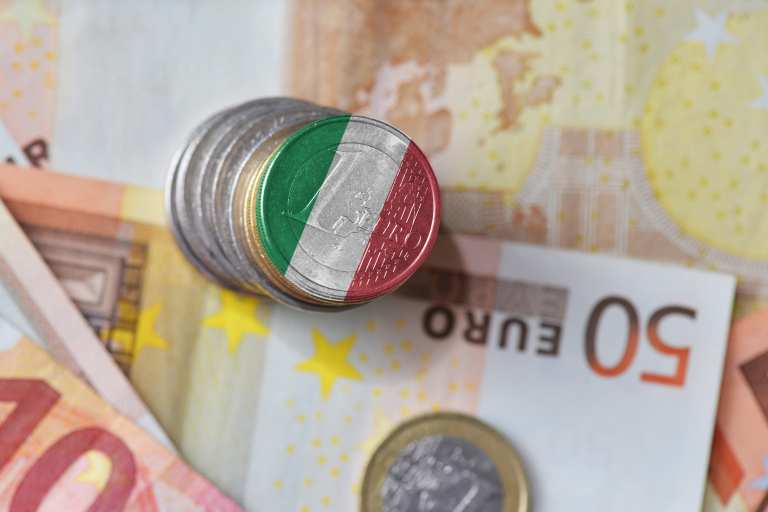Italian Gov’t To Pay Consumers To Ditch Cash For Digital Payments

Italy, which has one of the lowest rates of credit card use in Europe, may start to see that change soon as the government will give bonuses to those who use electronic payment services over cash.
The government put aside $3 billion to finance the bonuses for the next fiscal year, according to The Financial Times. By offering the incentive, they hope to cut down on black market deals and fraud, they say.
Details of the system will roll out in the new year.
Many Italians are suspicious of electronic payments, and Giorgio Di Giorgio, a professor of economics at Luiss University, said the reasons are steeped in the country’s older age and history of traditionalism.
Di Giorgio said older people are “less likely to change what they have been doing their entire lives,” and so they were skeptical to move toward paying for things with electronic means and cards.
He said a more negative reason for the resilience is that the black market economy in Italy is a thriving one, which means more transactions are done with cash rather than more traceable means.
Italy has the highest rate of VAT fraud in Europe. The difference between the amount of VAT paid and what should have been collected was $35 billion in 2015, which was only slightly lower than the estimated $41 billion gap in 2014.
Italy estimated that black market economics, or the “non-observable” economy, made up 12 percent of the total economic output for 2017.
The government is hoping to change that by moving toward electronic payment. But the change is not welcome to everyone. Previous attempts to stop cash from being the dominant method have been met with backlash, such as in 2011 when Mario Monti’s government tried to lower the limit of when it’s possible to settle a bill in cash to $1,000. The backlash had him raising the limit again to $3,000.
And Giorgia Meloni, leader of the hard-right Brothers of Italy party, attempted to do away with limits on payments of cash, saying that the real danger to Italians was the government overreaching its power.
Some Italian citizens are solidly against the change, saying they prefer to keep how they spend their money to themselves. But others, mostly of the younger generations, are persuaded that electronic payment methods are better due to the fact that they don’t have to carry cash anymore. Germany has seen a similarly slow transition to credit card payments, led primarily by younger consumers.